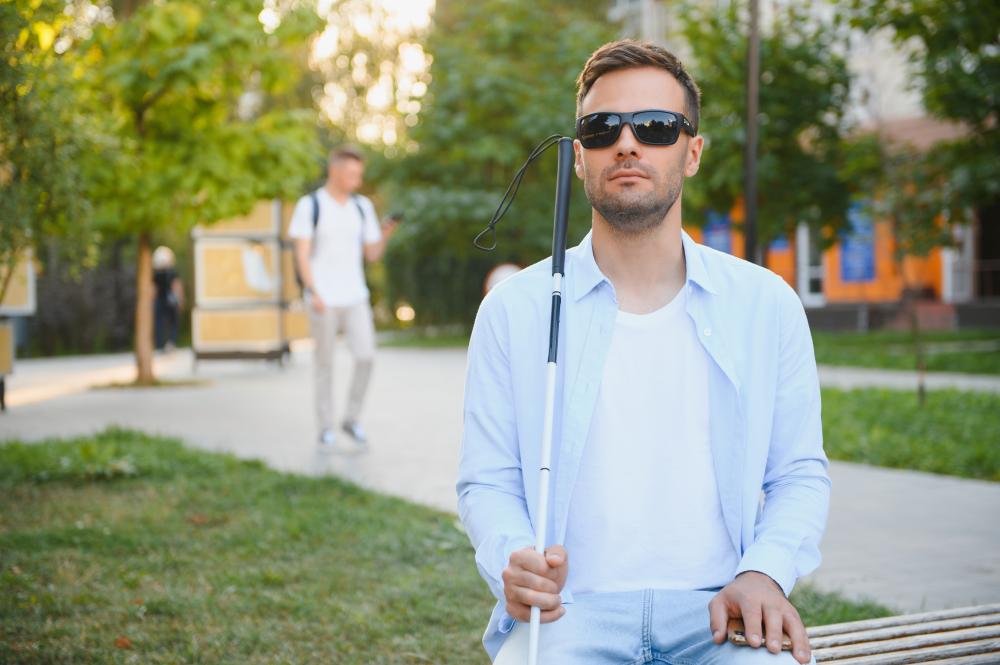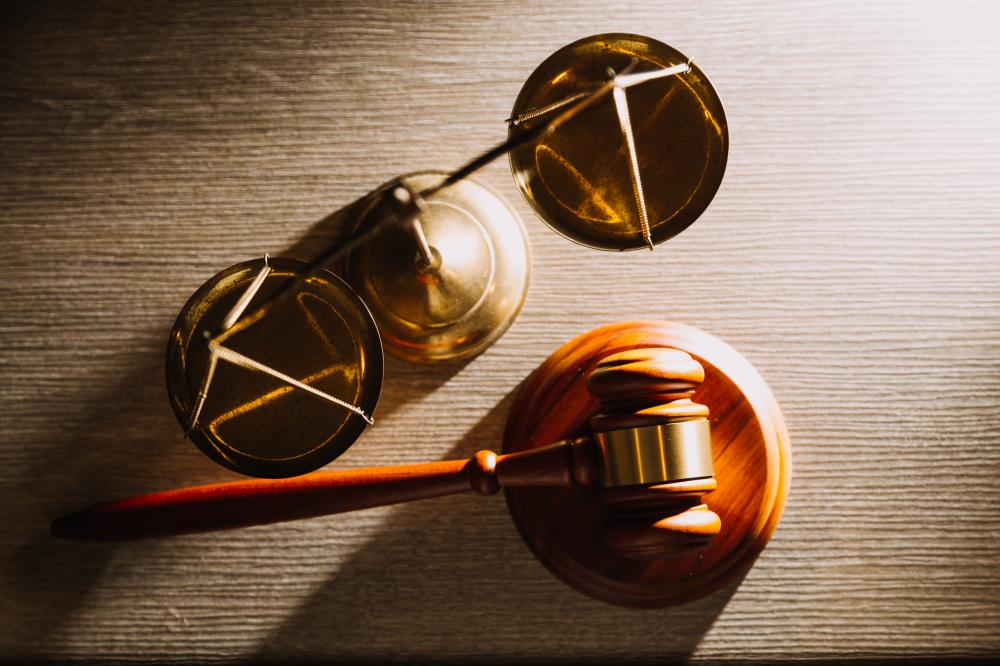
Understanding Solar Blindness
Experiencing a solar eclipse is one of nature’s spectacular events that many of us look forward to. However, the excitement of witnessing this celestial phenomenon can lead to a condition known as solar blindness or solar retinopathy. This condition occurs when the retina, a layer at the back of the eye that captures what we see and sends it to the brain, is damaged by direct sunlight.
Our organization, dedicated to helping those affected by solar blindness due to improper eyewear during solar eclipses, emphasizes the importance of using correct protective eyewear. The sun emits harmful ultraviolet (UV) and infrared (IR) rays that can seriously harm our eyes. It’s essential to use sunglasses that meet the ANSI standards, ensuring they provide sufficient protection from these radiation types.
The Risks of Fake Sunglasses
One of the biggest threats to eye health during a solar eclipse is the use of fake or counterfeit sunglasses. These products often lack the necessary filters and certifications, exposing your eyes to dangerous levels of UV and IR radiation. The consequences can be severe, leading to solar blindness or significant vision loss.
Identifying Fake Glasses
To protect your vision, it’s crucial to identify and avoid fake sunglasses. Genuine protective eyewear for viewing solar eclipses should adhere to the ISO 12312-2 standard. This certification ensures that the glasses have been tested and proven to block out the harmful rays effectively. Always purchase your sunglasses from reputable sources to avoid counterfeit products.
Symptoms and Effects of Solar Blindness
Solar blindness, while often temporary, can sometimes cause permanent damage to the eyes. Symptoms include blurred vision, a loss of central vision, distorted vision, and changes in how colors are perceived. In some cases, individuals may not notice these symptoms until several hours or even days after the exposure.
If you suspect that you’ve been affected by solar blindness after using incorrect or fake sunglasses, it’s imperative to seek immediate medical attention. An ophthalmologist can assess the extent of the damage and provide the necessary treatment to prevent further harm to your eyes.
Legal Recourse for Victims
Victims of solar blindness caused by defective or counterfeit sunglasses may have legal recourse. Our team of experienced personal injury and product attorneys is here to help. We aim to hold those responsible for producing and distributing unsafe products accountable for their negligence.
Taking Action
- Consult an ophthalmologist immediately for an eye examination.
- Retain the purchase receipt and the sunglasses for evidence.
- Contact a legal expert specializing in personal injury and product liability.
Protecting Your Vision
The allure of witnessing a solar eclipse should never compromise your eye health. By choosing the correct protective eyewear and being mindful of the risks of counterfeit products, you can safely enjoy these rare celestial events. Remember, when it comes to protecting your eyesight, taking the necessary precautions is paramount.
Our Commitment
Our organization is committed to providing support and assistance to those affected by solar blindness. By raising awareness of the dangers of incorrect eyewear and advocating for the use of ANSI and ISO-certified sunglasses, we strive to prevent further cases of solar blindness.
For anyone who believes they have been a victim of defective or counterfeit sunglasses, we are here to offer legal guidance and support. Protecting your vision and ensuring that justice is served remains our utmost priority. If you have any concerns or require assistance, do not hesitate to reach out to us.
Solar blindness is a serious condition that can have lasting effects on one’s vision. Understanding the risks associated with fake and inadequate sunglasses is the first step in preventing solar blindness. By advocating for safety and offering legal support to those affected, we aim to minimize the risks associated with viewing solar eclipses. We encourage everyone to prioritize their eye health by using only certified protective eyewear during these events.

Can you recover from solar retinopathy?
Recovery from solar retinopathy can vary greatly from one individual to another. In some cases, the damage to the retina caused by direct exposure to the sun’s rays can heal over time, allowing vision to gradually improve. This process can take from several weeks to months, depending on the severity of the damage. However, it’s vital to understand that in more severe cases, some level of vision loss may be permanent. Our advice is always to seek immediate medical attention if you suspect you’ve been affected. An ophthalmologist can provide a thorough examination and suggest treatment options or adaptive strategies to cope with changes in vision.
Can solar eclipse blindness be cured?
The term ‘cure’ might be a bit misleading when it comes to solar eclipse blindness. As with many conditions affecting the retina, the body often does its best to repair the damage over time. While there’s no specific treatment to reverse the effects of solar retinopathy, interventions such as corticosteroids to reduce inflammation or therapies to support visual rehabilitation can be beneficial. Each case is unique, so outcomes can vary. The best course of action is prevention by using ISO-certified eyewear during solar eclipses and consulting with an eye specialist promptly should any symptoms arise.
How many people have gone blind from solar eclipse?
Exact numbers are difficult to pin down, as not all cases may be reported or diagnosed properly. However, significant solar eclipses often lead to a spike in patients seeking treatment for eye problems resulting from unsafe viewing. Thankfully, complete blindness is rare, but even temporary vision issues can cause a great deal of distress. It serves as a stark reminder of the importance of proper eye protection during these celestial events. Educating the public about the risks and providing access to safe viewing methods are key steps to prevent such occurrences.
How long do you have to look at the solar eclipse to go blind?
It’s a common misconception that there’s a ‘safe’ period to directly observe a solar eclipse without protection. The truth is, the time it takes for damage to occur can be very short, potentially just a few seconds. The intensity of the sun’s rays can quickly burn the retinal tissue, leading to solar retinopathy. This doesn’t mean that every glance towards the sun will result in damage, but why take the risk? The only safe way to view a solar eclipse is through specially designed solar viewing glasses or indirect methods such as pinhole projectors.
How can you protect your eyes from counterfeit sunglasses?
Protecting your eyes from counterfeit sunglasses is all about vigilance and education. Always purchase eclipse glasses from reputable vendors and look for the ISO 12312-2 certification mark, which guarantees the glasses meet international safety standards for filtering solar radiation. Be wary of glasses sold at deeply discounted rates or without proper labeling. Remember, if the deal seems too good to be true, it probably is. Educating yourself and others about the risks and how to spot fakes is a powerful tool in maintaining eye health during solar events. When in doubt, consult an expert or opt for indirect viewing methods.
Resources
- American Optometric Association (AOA) – The AOA provides information on eye health and the importance of using proper protective eyewear during solar events.
- World Health Organization (WHO) – The WHO offers insights into the risks of counterfeit products and the impact on public health, including eye safety concerns.
- U.S. Consumer Product Safety Commission (CPSC) – The CPSC provides guidelines on product safety and regulations to protect consumers from harmful products like fake sunglasses.
- National Eye Institute (NEI) – The NEI offers valuable resources on eye health, including information on solar blindness and how to prevent it.
- American National Standards Institute (ANSI) – ANSI sets standards for protective eyewear, ensuring that products meet safety requirements to protect against harmful radiation like UV and IR rays.
San Antonio TX 78205